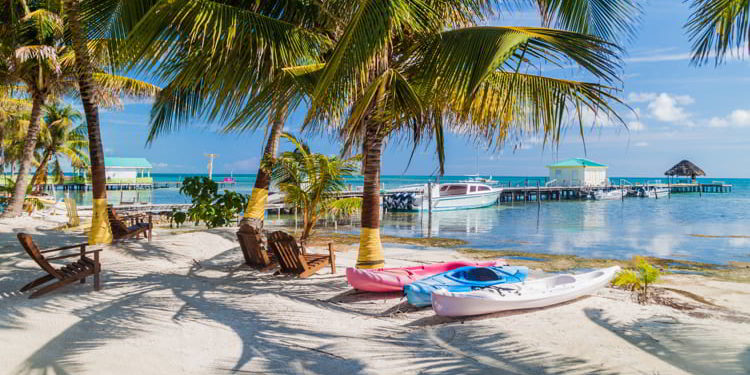“The problem isn’t the problem. The problem is your attitude toward the problem.”
That was Jack Sparrow’s theory, and Jack’s words are good advice for anyone thinking about spending time in Belize.
Taxi you called for never showed up? Drink you ordered before dinner arrived after you’d already finished eating your meal? Electricity out? Internet slow? Roads bumpy?
Those things aren’t the problem. The problem is your attitude toward those things… or at least that can be the problem.
If you want to spend time in Belize… certainly if you’re thinking about moving to Belize, you’ve got to shift your perspective. This country has only been a country since 1981. It’s still figuring things out.
Belizeans are respectful, polite, and pleasant. They are also peculiar. If something isn’t working… if there’s some disagreement, some problem or conflict, they just go home. Belizeans don’t argue or fight. They just move on.
Belize was once a colony of Britain. This means common law and the English language, two things that make Belize a relatively easy transition for North Americans.
The British brought in slaves from Africa to cut mahogany. This means the slaves were largely left on their own in the forests and the jungles for extended periods, cutting down trees. As a result, Belizeans today, largely descendent from these North African slaves, are independent and self-reliant. I believe this is also why they don’t argue or complain. When conflict presents itself, they just walk away and figure things out for themselves.
Also as a result of this cultural attitude, Belize has very good relations with its neighbors. Belizeans get along with everyone.
Culturally, the mix is very rich. Belize welcomes immigrants from all around the world. Belize is a melting pot… yet, socially and politically, the scene is very stable.
Tourism is growing by big leaps… growing so much that our infrastructure is struggling to keep up. Our airport is too small to handle the current traffic, and the number of flights to and from Belize City continues to increase. Cruise traffic is growing, too, even though, again, we just don’t have the facilities to handle the cruise tourists once they come ashore. These limitations are the current priority focus of the government.
Phil Hahn
Full-Time Belize Expat












